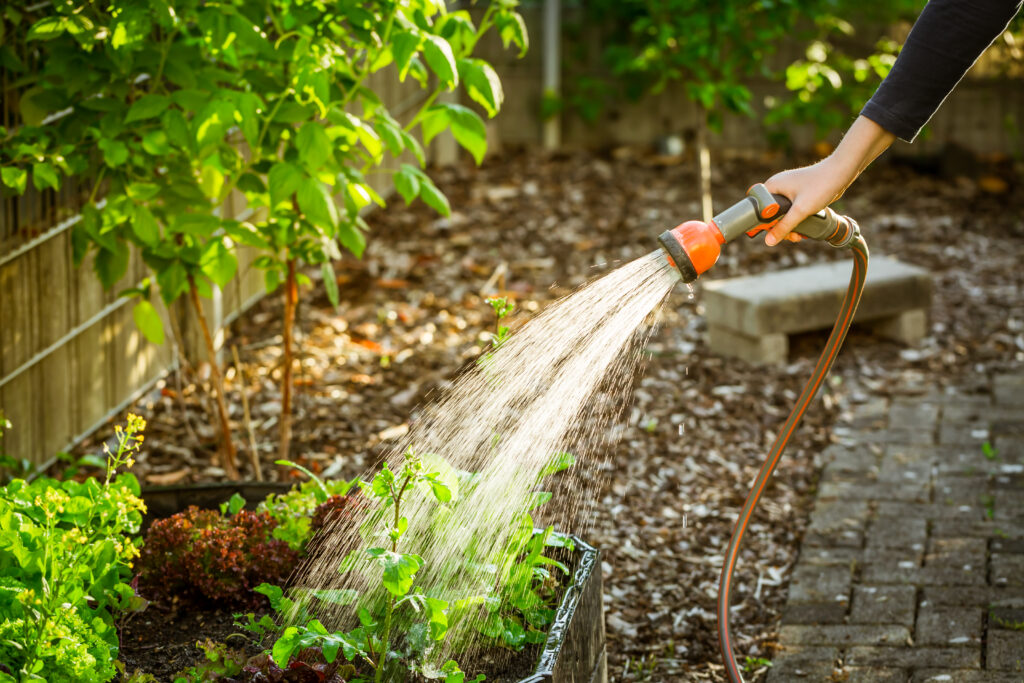Gardening has been a cherished practice throughout history, offering numerous benefits to individuals and the environment.
Regardless of the available space, whether it’s a balcony, a backyard, or a community garden, nurturing plants can be an immensely fulfilling experience. However, achieving a flourishing and vibrant garden requires more than just natural talent.
This blog provides a comprehensive guide to practical gardening tips that will assist you in creating and maintaining a thriving garden, regardless of your level of experience.
Careful Planning and Design
Before delving into the soil, take the time to meticulously plan and design your garden. Determine the type of garden you wish to create, whether it’s a vegetable patch, a flower bed, or a combination of both. Consider crucial factors such as sunlight exposure, soil quality, and available space. Sketch a layout of your garden, marking areas for different plants and pathways. By planning ahead, you’ll save valuable time and effort in the long run.
Understand Your Soil
Comprehending the composition of your soil is fundamental for successful gardening. Conduct a soil test to evaluate its pH level, nutrient content, and drainage capabilities. This information will guide you in selecting suitable plants and help determine if any amendments are necessary. Enhance soil structure, water retention, and nutrient availability by incorporating organic matter such as compost or well-rotted manure.
Select Appropriate Plants
Choosing the right plants for your garden is essential for their survival and growth. Take into account the local climate, sunlight exposure, and available space. Opt for plants that thrive in your specific region and its prevailing conditions. Prioritize disease-resistant varieties and plants that attract beneficial insects, contributing to a healthy ecosystem in your garden.

Effective Watering Techniques
Proper watering techniques are paramount for optimal plant health. Water your plants deeply and infrequently rather than shallowly and frequently. This encourages robust root growth, enhancing their ability to withstand drought. Watering in the morning or evening minimizes water loss through evaporation. Consider employing drip irrigation or soaker hoses to conserve water and deliver it directly to the plant’s roots.
If you need some ideas about what to read next, here they are:
Harness the Power of Mulching
Mulching provides a multitude of benefits when applied around your plants. It aids in retaining soil moisture, inhibiting weed growth, regulating soil temperature, and enriching soil fertility as it decomposes. Utilize organic materials such as wood chips, straw, or compost as mulch. Apply a layer of 2-4 inches around your plants, ensuring a small space is left around the stem to prevent rot.
Efficient Weed Control
Weeds compete with your plants for essential resources, necessitating effective weed control measures. Regularly inspect your garden for weeds and promptly remove them, ensuring the complete extraction of their root systems. Mulching, as mentioned earlier, can also serve as a useful tool in suppressing weed growth. Minimize the use of synthetic herbicides unless absolutely necessary, as they can harm beneficial insects and contaminate the soil.
Pruning and Maintenance
Pruning plays a crucial role in promoting plant health and encouraging optimal growth. Conduct regular inspections of your plants to identify and eliminate dead, damaged, or diseased branches. Employ selective pruning to shape your plants, enhance air circulation, and maintain a balanced structure. Additionally, provide adequate support, such as stakes or trellises, for plants that require it.

Effective Pest Management
Pests can inflict significant damage on your garden, necessitating the implementation of effective pest management strategies. Encourage natural predators such as ladybugs, lacewings, and birds by creating habitats such as birdhouses and bug hotels. Embrace organic pest control methods such as companion planting, insecticidal soaps, or neem oil. Regularly monitor your plants for signs of pests or diseases to address them promptly.
Conclusion
Gardening is an immensely gratifying activity that fosters a deep connection with nature. By incorporating these gardening tips, you can create a thriving garden that offers beauty, sustenance, and a haven for beneficial wildlife. Remember, gardening is a continuous learning process, so embrace experimentation and adaptability as you embark on your journey to cultivate a green thumb. Revel in the therapeutic benefits of tending to your plants, and may your garden flourish and bring you joy for years to come.
